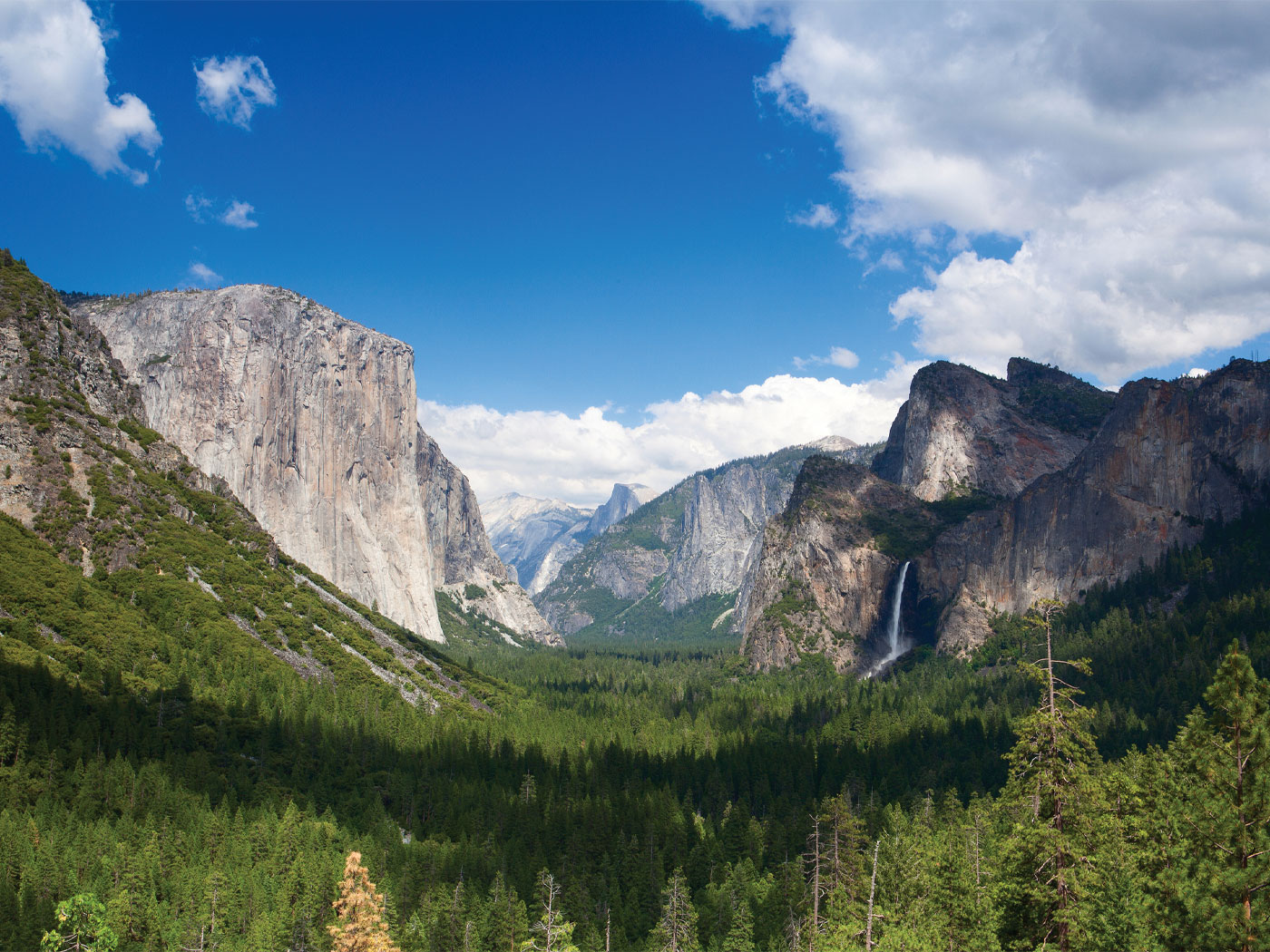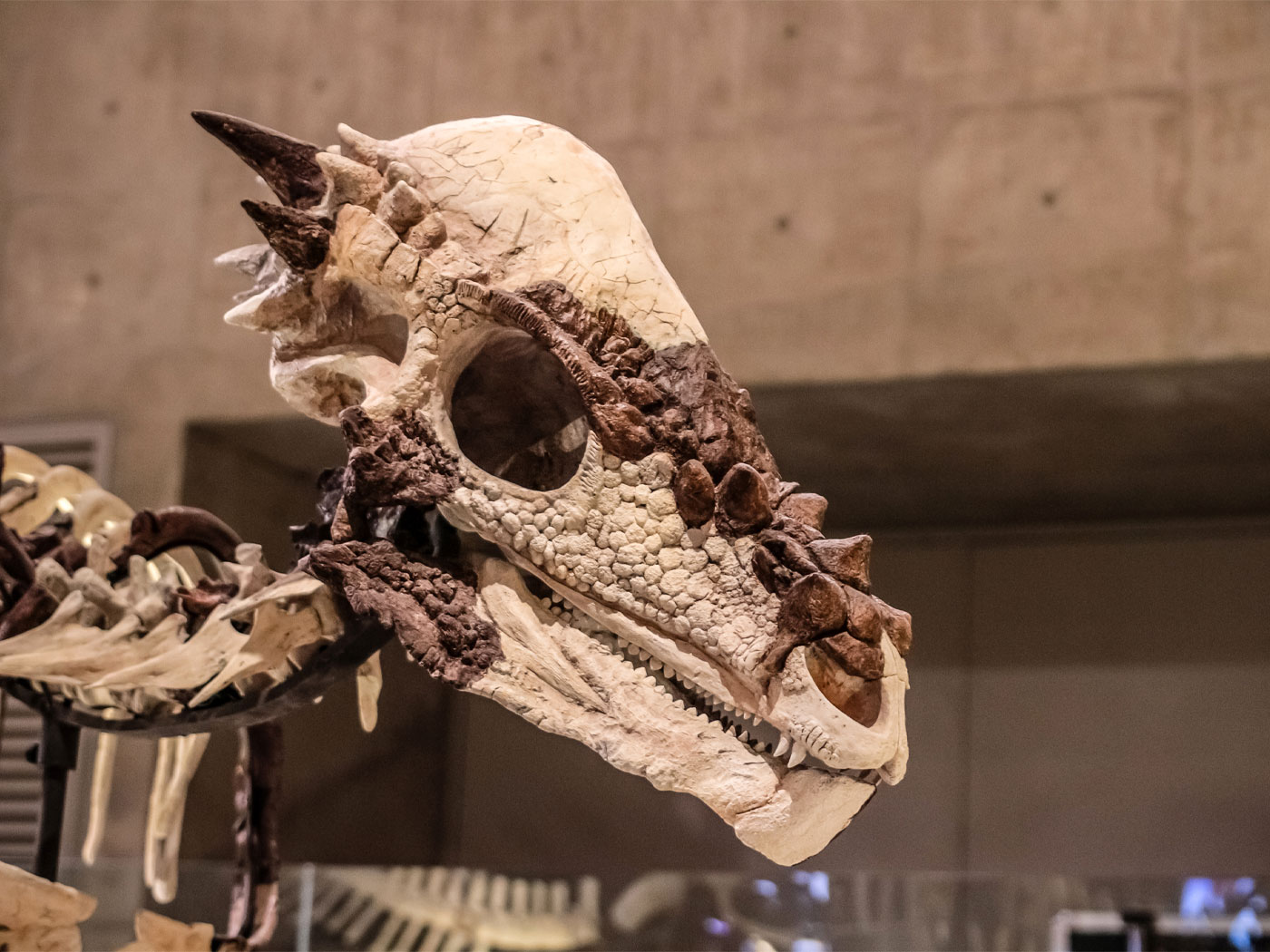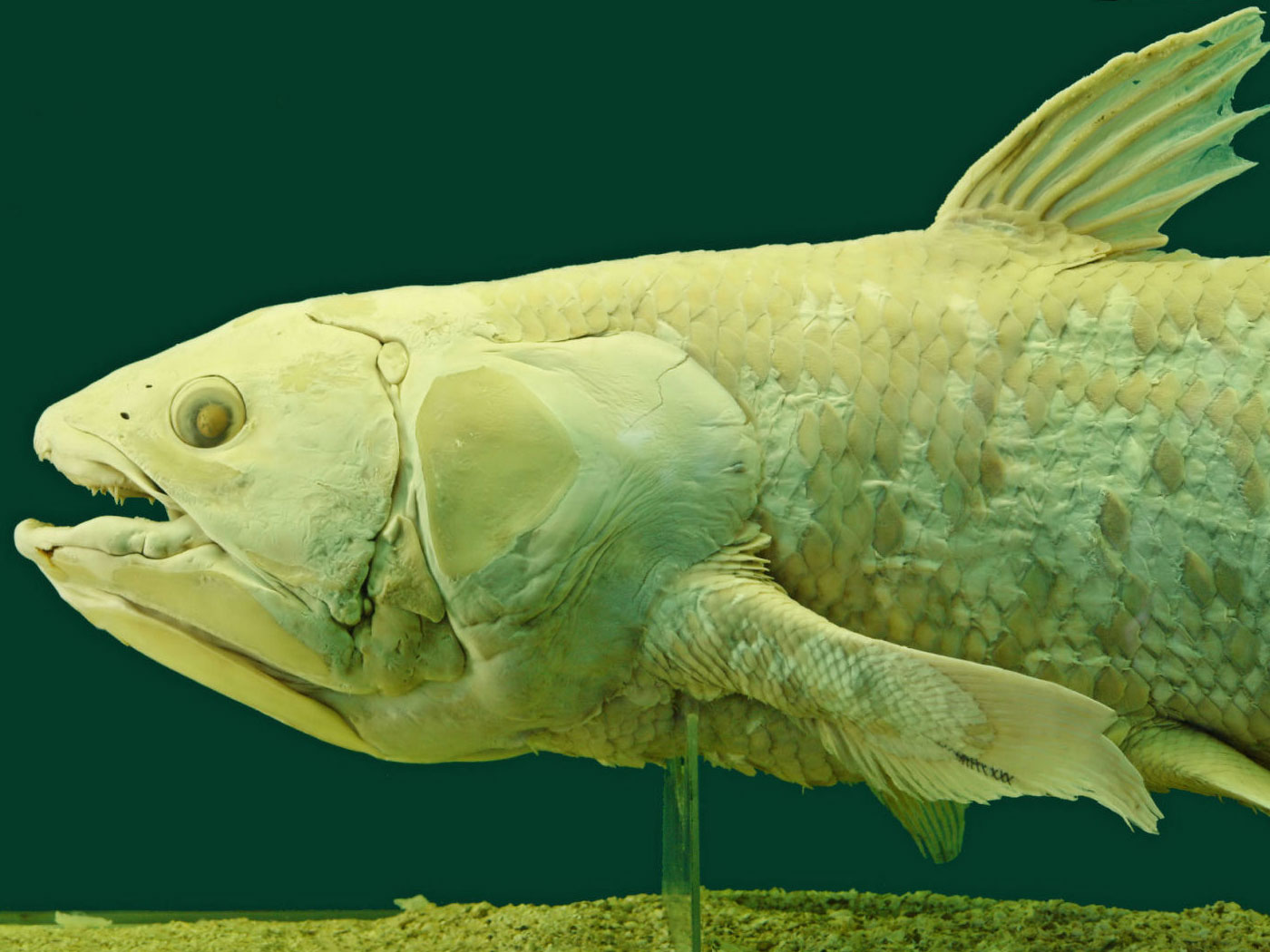A new poll revealed that 51 percent of Americans question the Big Bang theory, and 54 percent of Americans believe that the universe is so complex that there must have been a designer.1 Mainstream scientists are not happy about it.
The Associated Press-GfK poll queried Americans' confidence in a number of other issues—the genetic code's link to inherited traits, smoking's link to lung cancer—and the respondents expressed more confidence in these issues than they did in the Big Bang. According to AP, "Those results depress and upset some of America's top scientists, including several Nobel Prize winners, who vouched for the science in the statements tested, calling them settled scientific facts."2
But the Big Bang theory asks us to believe the incredible—that randomized forms of matter and energy coming from an unknown source self-organized into stars, galaxies, planets, life and ultimately people. Its conjectures are permitted to stand in place of actual "settled scientific fact," like the laws of thermodynamics. It seems that people still know the difference between Big Bang speculation and observable experimentation on things like genetic codes and smoking.3 Considering this, shouldn't scientists instead be praising the common sense that still lingers in America's slim majority?
Alan Leshner is CEO of the American Association for the Advancement of Science, which some have sarcastically called the "American Association for the Advancement of Evolution." He acts as though Americans ignore facts because of their faith, telling AP, "Most often values and beliefs trump science."1 Is he immune from his own assessment?
Secular scientists like Leshner rigorously exclude the Creator and His Word from their scientific inquiries and often all other facets of life. They even call this exclusion "science." Do secularists let their anti-God beliefs trump the science of thermodynamics, which describes a universe that cannot come from nothing? Perhaps the Americans who doubt the Big Bang rightly suspect that a mere universe would be hard-pressed to build structures like stars and galaxies out of random gas clouds.
An open scientific approach is not supposed to fear any sensible explanation for observable phenomena. For example, consider this explanation: the phenomenal organization of matter and energy in the universe came from an actual Organizer.
References
- Madrigal, A.C. A Majority of Americans Still Aren't Sure About the Big Bang. The Atlantic. Posted on theatlantic.com April 21, 2014, accessed April 24, 2014.
- New poll says Big Bang theory a big question for many Americans. Fox News. Posted on foxnews.com April 21, 2014, accessed April 22, 2014.
- Big Bang proponents' suggestion that the universe's original material sprang into existence out of nothing violates the first law of thermodynamics, which states that matter and energy cannot be created or destroyed.
Image credit: NASA
* Mr. Thomas is Science Writer at the Institute for Creation Research.
Article posted on April 25, 2014.


















